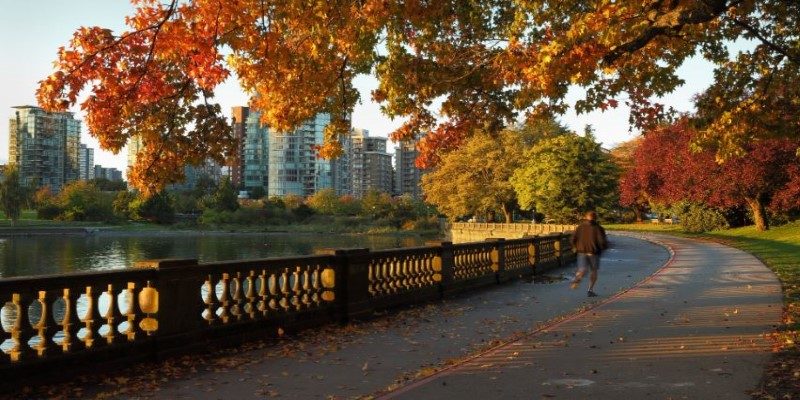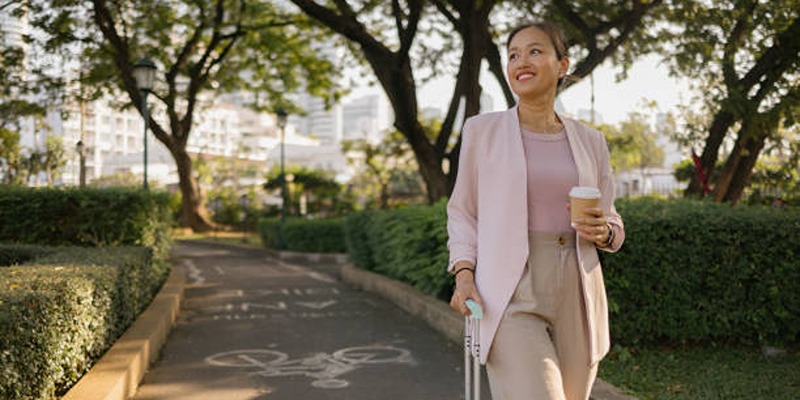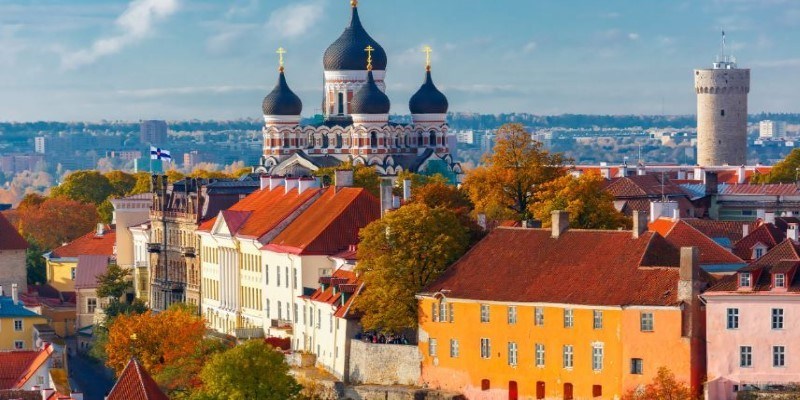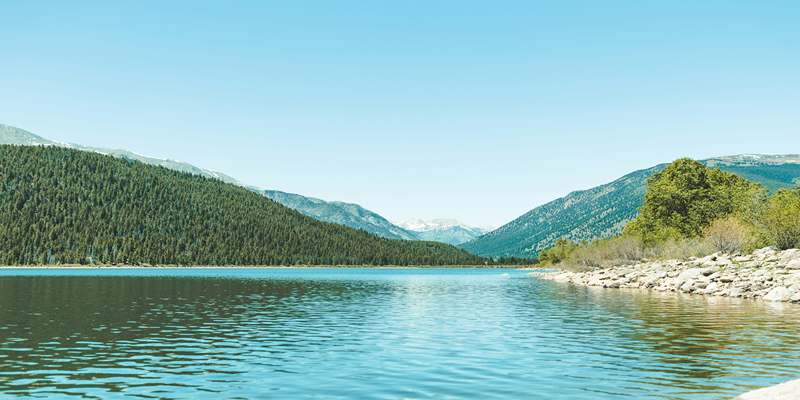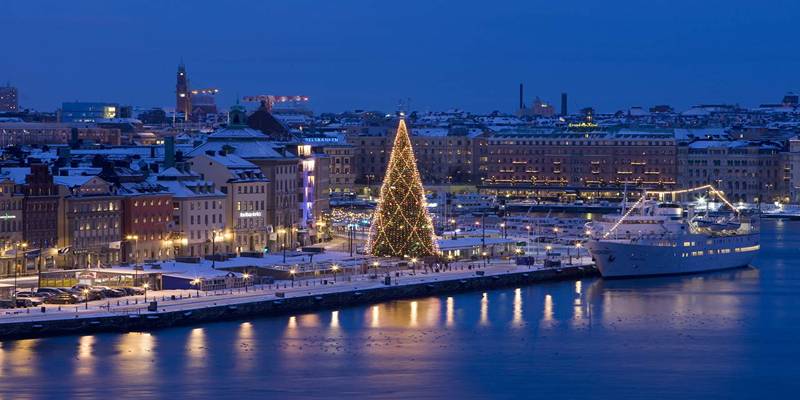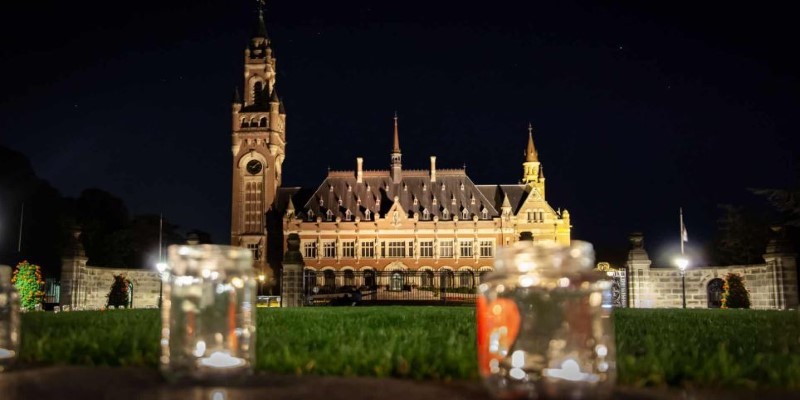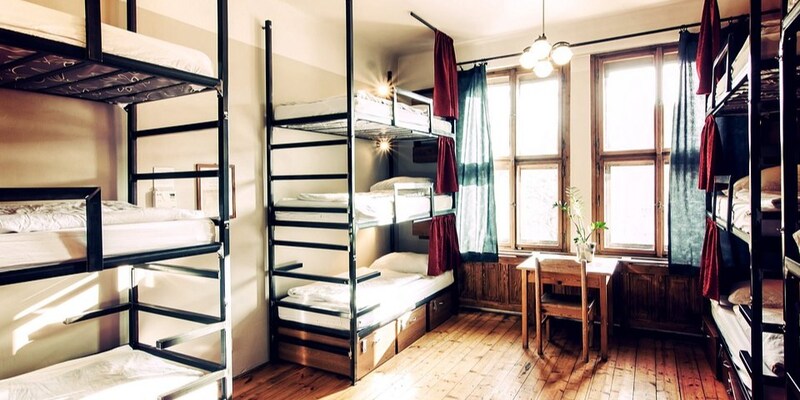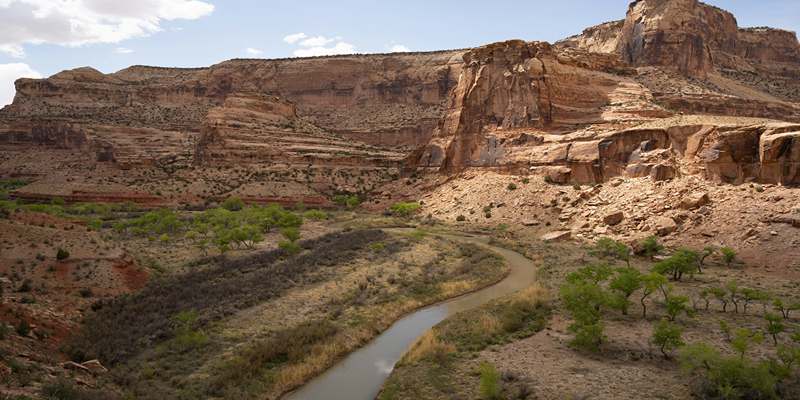Introduction
Brazil is known for its beautiful landscapes, rich culture, and exciting events like Carnival. However, vacationers often worry about their safety. While Brazil is an amazing destination, it's important to understand the safety aspects before you go. This guide covers the key factors that affect safety, including crime, transportation, health concerns, and useful tips to help you have a safe and enjoyable trip.
1. Understanding the Safety of Traveling to Brazil
Brazil is a country of incredible contrasts, and while many areas are bustling with tourists enjoying its beaches, historic sites, and natural wonders, there are certain safety concerns that travelers should be aware of. Larger cities, especially Rio de Janeiro, So Paulo, and Salvador, do face issues related to both petty and violent crime. Though these challenges shouldnt deter visitors, its essential to take precautions to minimize risks during your trip.
How to Stay Safe in Brazil:
- Plan Your Daylight Activities: Many crimes occur after dark, so try to schedule your sightseeing and outdoor activities during daylight hours. It not only reduces the risk of theft but also allows you to enjoy Brazil's vibrant cities at their best.
- Be Cautious with Cash and Cards: Carry only small amounts of cash with you. Use credit or debit cards when possible to reduce the amount of cash you're carrying. Avoid flashing money or expensive electronics, particularly in crowded tourist areas.
- Use Secure, Well-Lit Routes: Stick to well-populated streets and avoid shortcuts through alleyways or quieter areas, especially after sunset. Familiarize yourself with safe routes from your hotel to key attractions or restaurants.
- Stay Informed and Keep Local Alerts: Pay attention to local news and safety advisories. Many areas in Brazil have neighbourhood-specific crime risks that may change over time, so it's helpful to ask locals or hotel staff about current safety concerns.
By following these simple yet effective guidelines, you can make your trip to Brazil a lot safer and more enjoyable.
2. Safe Tourist Spots
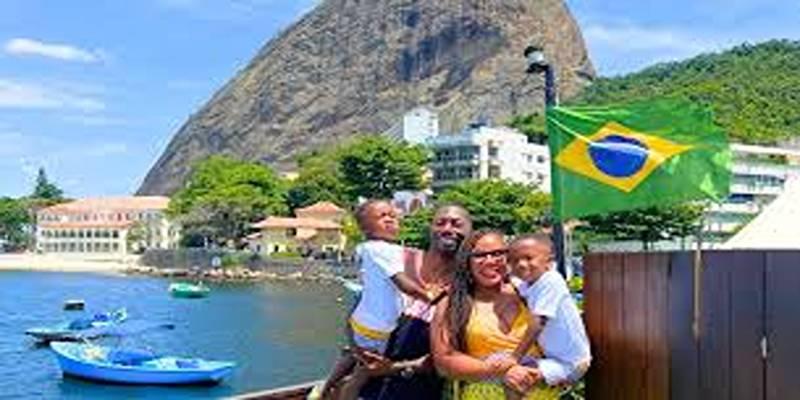 Find out about the safety of neighborhoods in Brazil before you choose where to stay. There are better places to stay than others, and living in touristy areas can make a big difference. Popular areas of Rio de Janeiro, like Copacabana, Ipanema, and Leblon, are usually safe for tourists, but it's still not a good idea to walk alone at night. Also, Botafogo and Santa Teresa are safe and fun places to live.
Find out about the safety of neighborhoods in Brazil before you choose where to stay. There are better places to stay than others, and living in touristy areas can make a big difference. Popular areas of Rio de Janeiro, like Copacabana, Ipanema, and Leblon, are usually safe for tourists, but it's still not a good idea to walk alone at night. Also, Botafogo and Santa Teresa are safe and fun places to live.
In So Paulo, places like Jardins, Pinheiros, and Vila Madalena are known for being safe and having great places to shop, eat, and go out at night. Pelourinho in Salvador is a UNESCO World Heritage site and a great place to explore. However, be careful in any area with a lot of tourists. For your safety, only book tours with reputable companies if you want to go to the Amazon. A great way to safely see the world is to go on trips with other people and a guide.
3. Health Considerations in Brazil
Before traveling to Brazil, it's important to consider potential health risks. While the country has modern healthcare facilities in most cities, some common health concerns exist.
- Vaccinations: Recommended vaccines include Hepatitis A, Hepatitis B, Typhoid, and Yellow Fever. Yellow Fever vaccination is a must if you're going to rural or jungle areas.
- Mosquito-Borne Diseases: Diseases like Dengue, Zika, and Malaria are present in some regions, especially the Amazon. Wear long sleeves, use insect repellent, and, if needed, sleep beneath a mosquito net.
- Food and Water Safety: In some areas, tap water may be unsafe to drink. Always opt for bottled water, and be cautious about street food.
Health Tip:Consult your doctor before traveling to ensure you're up to date on vaccinations and prepared for any health risks.
4. Transportation Safety in Brazil
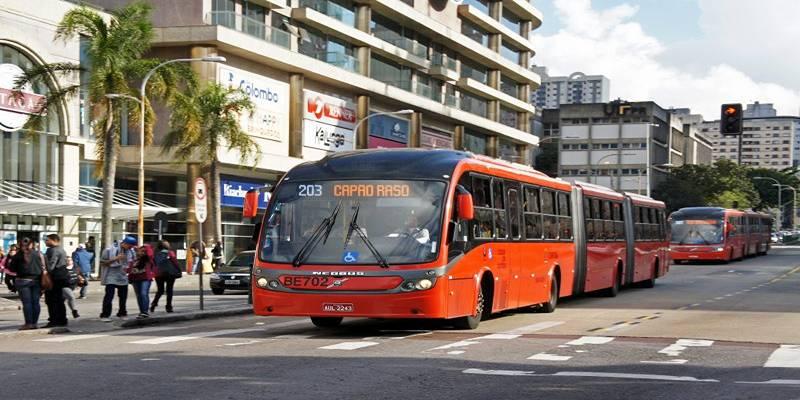
Brazil's transportation system varies depending on the region, but there are some important safety tips to remember.
- Public Transportation: In cities like Rio and So Paulo, public buses and subways are commonly used but can be crowded, making them hotspots for pickpockets. Avoid using public transport late at night, especially in less crowded areas.
- Taxis and Rideshares: Always opt for registered taxis or use rideshare apps like Uber for safer and more reliable transport.
- Driving: If you rent a car, be prepared for heavy traffic and chaotic city driving conditions. Road conditions might be subpar in remote locations. Make sure to drive defensively and keep valuables hidden.
Transportation Tip:Stick to reputable transport options like registered taxis or rideshare apps, and avoid walking long distances in unfamiliar areas after dark.
5. Natural Disasters and Risks
Brazil's diverse geography means there are some natural risks to consider.
- Flooding: Heavy rainfall in tropical regions, especially the Amazon, can cause flooding. Keep an eye on the weather forecast, particularly if traveling to rainforest areas.
- Earthquakes: While Brazil isn't known for frequent earthquakes, minor tremors have been felt in some areas. It's a good idea to stay informed about any seismic activity during your visit.
Tip for Natural Safety:Stay updated on local weather conditions, especially when visiting areas with heavy rainfall or floods.
6. How to Stay Safe in Brazil
While crime and health risks are a concern, simple safety tips can help ensure your visit is smooth.
- Hide Your Valuables: Always leave valuables like passports and extra cash in a hotel safe. Keep just the essentials with you while you're traveling.
- Travel in Groups: Exploring popular areas with a group is safer. If traveling solo, try to stay in well-lit, busy parts of the city.
- Learn Basic Portuguese: Although many Brazilians speak English in tourist areas, learning a few basic phrases in Portuguese can help you navigate emergencies and communicate more easily.
- Emergency Numbers: The emergency number for the police in Brazil is 190, and for medical emergencies, it's 192. It is advisable to have these numbers on hand.
Safety Tip:Use common sense and trust your instincts. If something doesn't feel right, remove yourself from the situation.
Conclusion
Brazil is a beautiful nation, but safety is important. Some tourist places have higher crime rates, but many are safe if you take care of them. You may enjoy Brazil stress-free by selecting the proper areas, maintaining health, and utilizing safe transportation. Visit Rio's beaches, explore the Amazon, or experience So Paulo's lively culture. Brazil offers something for everyone. Following these suggestions and being prepared can ensure a safe, enjoyable journey to this lovely nation.



